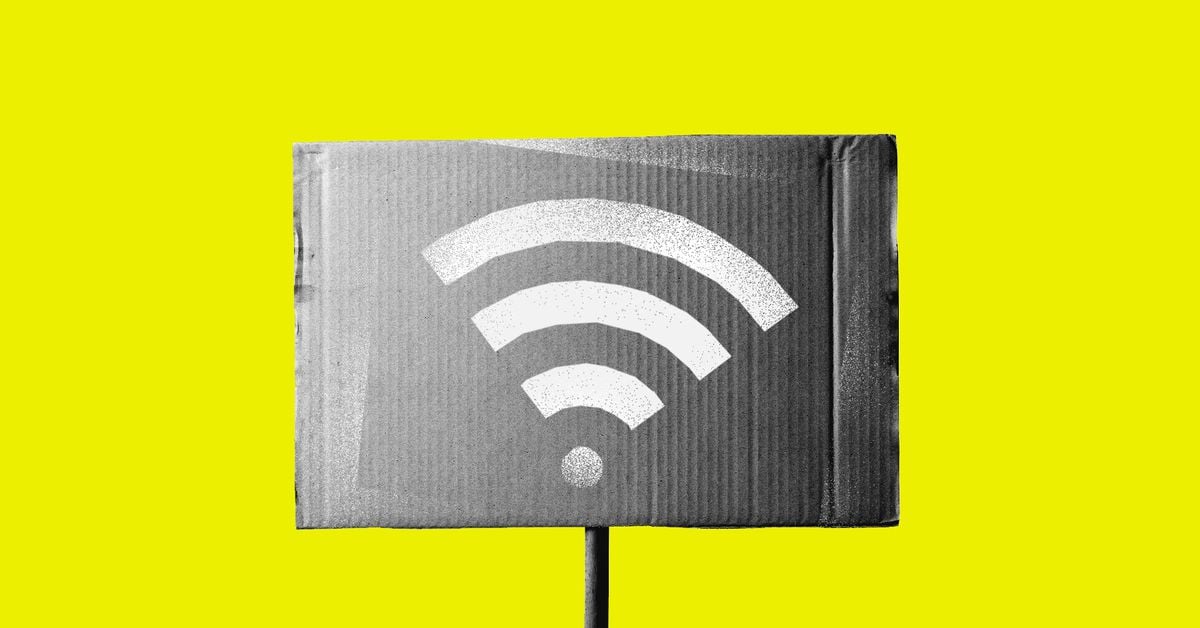A federal appeals court has agreed to halt the reinstatement of net neutrality rules until August 5th, while the court considers whether more permanent action is justified.
It’s the latest setback in a long back and forth on net neutrality — the principle that internet service providers (ISPs) should not be able to block or throttle internet traffic in a discriminatory manner.
The current FCC, which has three Democratic and two Republican commissioners, voted in April to bring back net neutrality. The 3–2 vote was divided along party lines.
Broadband providers have since challenged the FCC’s action, which is potentially more vulnerable after the Supreme Court’s recent decision to strike down Chevron deference — a legal doctrine that instructed courts to defer to an agency’s expert decisions except in a very narrow range of circumstances.
Bloomberg Intelligence analyst Matt Schettenhelm said in a report prior to the court’s ruling that he doesn’t expect the FCC to prevail in court, in large part due to the demise of Chevron.



I could be convinced that some kind of hybrid market would work, though I’d have to see some reasonable examples of how we’d prevent monopolies and corporate collusion/racketeering.
I think that’s mostly driven by regulatory capture and the fact that lobbyists can drive regulation. If our government actually worked for the people, we could actually enforce monopoly laws, and the SEC (or equivalent in countries besides the US) would actually prevent mergers that threaten competition. The government is supposed to prevent this kind of behavior, but they have basically been bought out.
As for how to stop that from happening, I’m not sure. I think it would require at least getting rid of the two party system, because that stifles competition in the governance space. That means that even though there are probably lots of voters who would vote for a real candidate who would break monopolies, there is no such candidate available. But in order for that to work we would have to switch to a different voting method, like ranked-choice (or one of the even more fair ones).